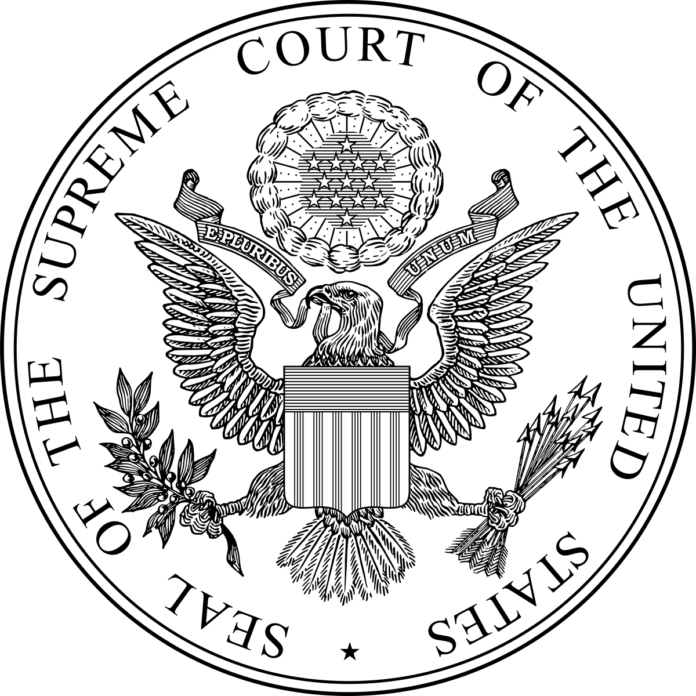The recent decision by the U.S. Supreme Court to strike down affirmative action programs at the University of North Carolina (U.N.C.) and Harvard has sparked a nationwide debate on the role of race in college admissions. The ruling, with a 6-3 vote in the U.N.C. case and 6-2 in the Harvard case, has significant implications for higher education institutions and their efforts to promote diversity on campus.
The Supreme Court’s decision to declare the affirmative action programs at U.N.C. and Harvard unconstitutional has ignited a fierce debate on the merits and drawbacks of considering race in the admissions process. This ruling is a victory for conservative activists who advocate for a “colorblind” interpretation of the Constitution.
The Supreme Court ruled that both the U.N.C. and Harvard affirmative action programs violated the Equal Protection Clause of the Constitution, making them unlawful. Chief Justice John Roberts, writing for the majority, argued that these programs lacked clear objectives, perpetuated racial stereotypes, and failed to have meaningful endpoints. While the court did not explicitly overrule previous cases, Justice Clarence Thomas, in a concurring opinion, stated that the 2003 Grutter v. Bollinger ruling, which allowed the considerations of race in admissions, was effectively overruled.
The Republican Party welcomed the Supreme Court’s decision, viewing it as a step towards a colorblind society. They argue that affirmative action programs can be discriminatory and that all applicants should be evaluated based on merit alone. Former President Donald Trump hailed the ruling as “a great day for America,” echoing the sentiment of many conservative activists.
The Democratic Party expressed disappointment and condemned the ruling, emphasizing the role of affirmative action in addressing historic racial discrimination. They contend that affirmative action has provided opportunities for individuals who have been historically marginalized.
President Joe Biden had to express his disappointment with the decision and pledged to guide on maintaining diversity while complying with the ruling. The Biden administration aims to find alternative ways to promote inclusivity in higher education without explicitly considering race.
Institutions such as Yale, Brown, Columbia, Penn, Chicago, and Dartmouth, which have admissions policies that consider race, may need to revisit their approaches to maintaining diversity. These universities may explore race-neutral plans to ensure a diverse student body while complying with the new legal landscape.










